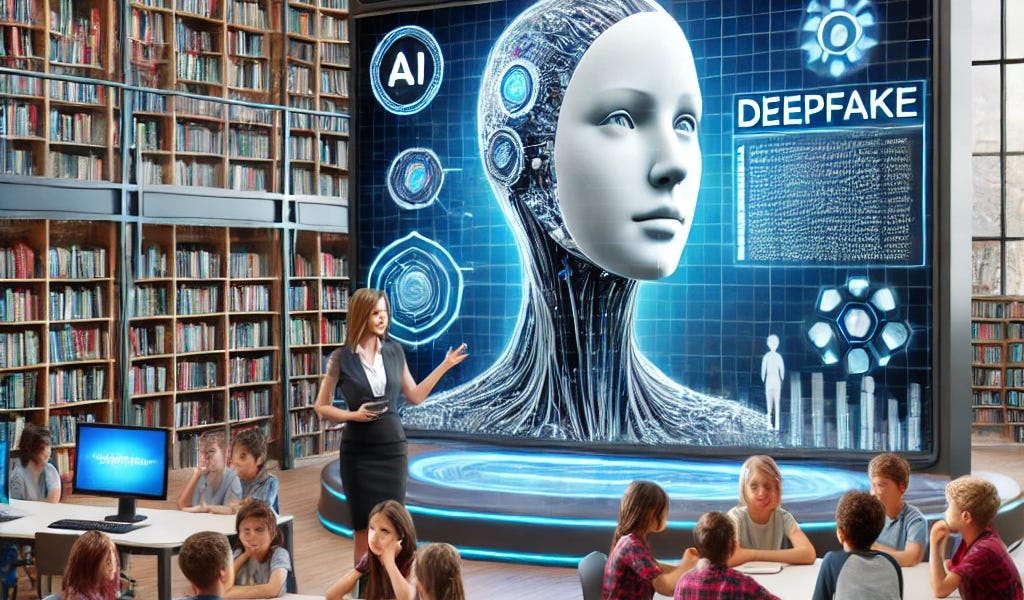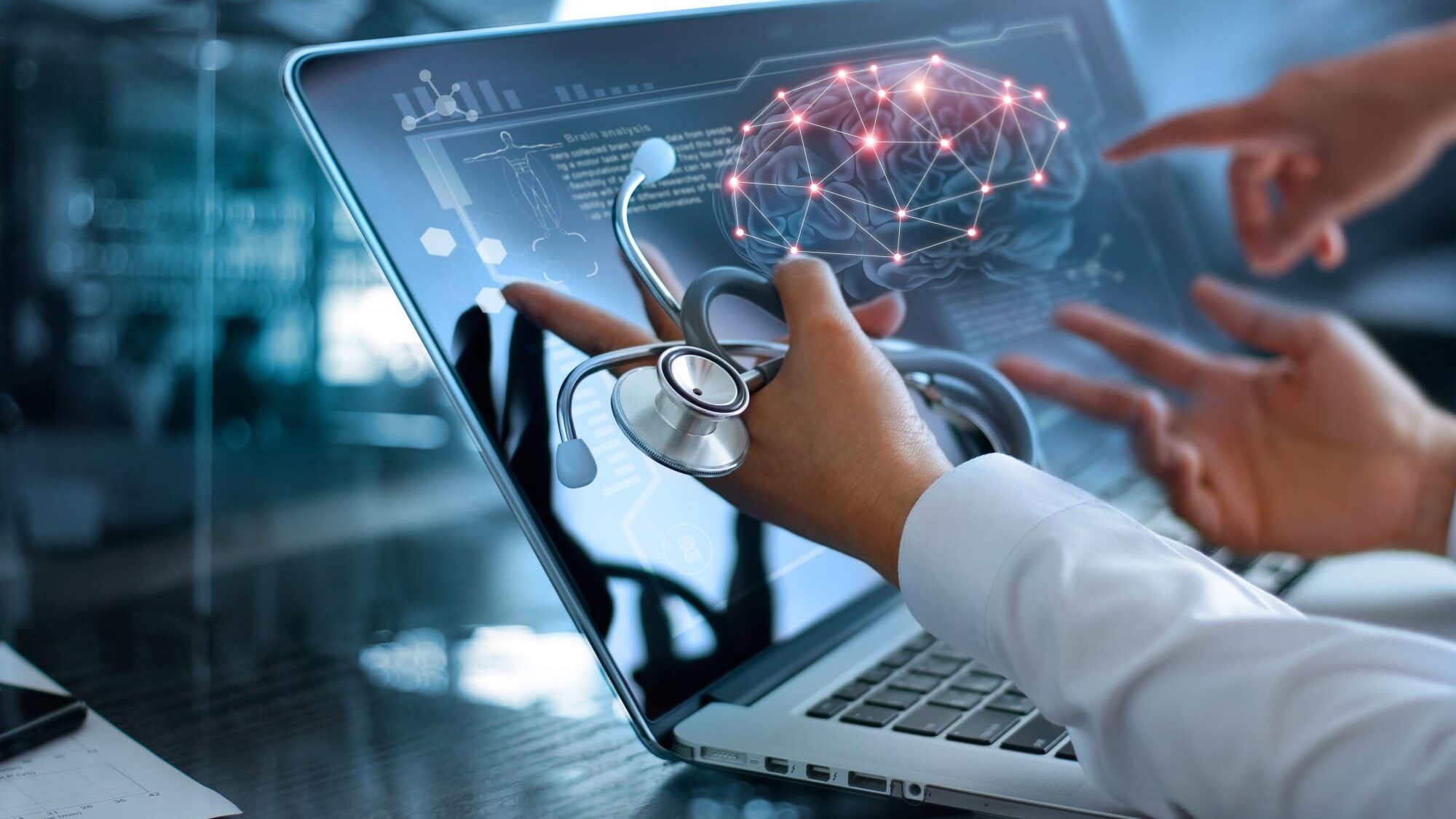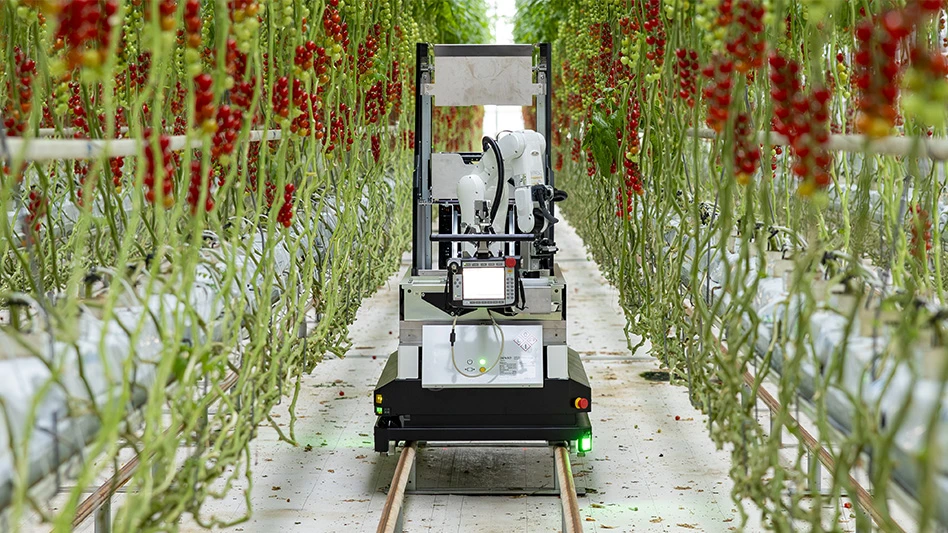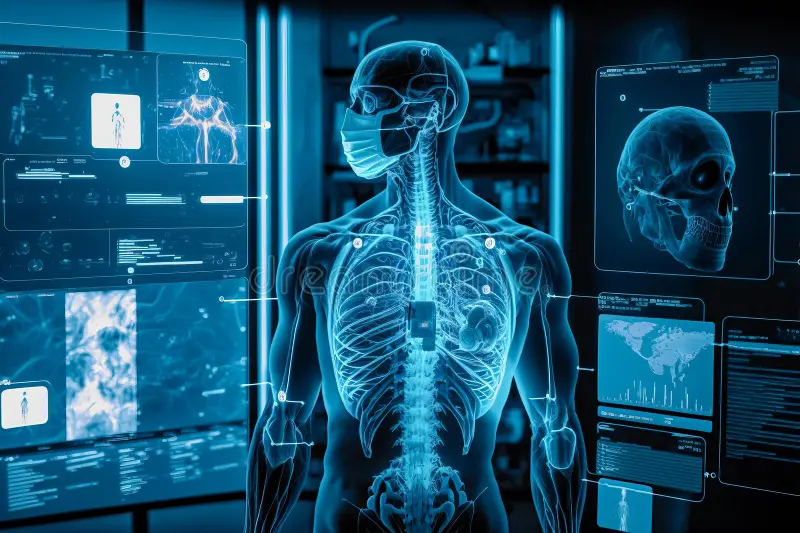The Ethics of AI in Diagnosis: Between Technology and Morality
Technology is truly amazing, isn’t it? In the medical field, the use of AI in Medical Diagnostics is no longer a novelty. It’s now used for everything from detecting cancer and heart disease to helping doctors identify conditions that were previously difficult to detect accurately. However, alongside all these advancements, many ethical questions arise.
Can we fully trust AI with a diagnosis? What happens if AI makes a mistake? What about patient privacy, the data collected, and potential biases in algorithms?
This article will discuss various ethical considerations regarding the use of AI in medical diagnosis. We’ll explore how AI affects critical decisions in healthcare and what we need to think about to ensure that this technology remains safe and fair for everyone.
AI and Diagnostic Capabilities: What Can AI Do?

AI is already widely used in medicine to diagnose a range of diseases. Machine learning algorithms can analyze vast amounts of data with incredible speed. They are capable of identifying patterns in medical images like X-rays, CT scans, and MRIs that might be overlooked by the human eye.
One of the most famous examples is AI used for breast cancer detection. By analyzing hundreds of thousands of mammogram images, AI can detect early signs of cancer much faster than humans. However, as we often hear, technology is not always perfect, right? This is where ethical issues start to emerge.
Patient Data Security and Privacy

When discussing AI in healthcare, patient data privacy is a major concern. Medical data is highly sensitive, and every piece of data collected could become a target for hackers looking to expose it. While many hospitals and clinics have implemented encryption technology to protect data, the risk of a privacy breach still exists.
For example, if an AI algorithm is used to diagnose a disease, patient data could be used to “train” that AI model. But do patients know that their data is being used to train these algorithms? Informed consent becomes a key issue here. Patients must be informed about how their data is being used and the potential consequences if that data is exposed.
Bias in Algorithms: Inequality in Diagnosis

One of the biggest challenges in AI is algorithmic bias. AI algorithms are trained on data, and that data often reflects inequalities in the real world. For instance, if an AI algorithm is only trained on data from one ethnic group or age group, its diagnosis results may be less accurate when applied to other groups.
This can be dangerous in medicine. Imagine if an AI algorithm used for detecting heart disease was only trained on data from white men. The algorithm would likely be ineffective or even wrong when diagnosing women or people of color, who may have different symptoms.
The Role of Doctors: Partners or Replacements?

A big question often arises: Will AI replace doctors? The answer is more complex than simply “yes” or “no.” AI can speed up and simplify the diagnostic process, but doctors remain essential, especially when it comes to decision-making that involves human factors. While AI can provide a diagnosis based on analyzed data, the final decision, particularly concerning treatment options, still requires a doctor’s input. This is because a clinician cannot fully understand the social, emotional, or cultural context of a patient. For example, two patients with the same symptoms might require very different approaches based on factors outside of their medical data.
Legal Responsibility: Whose Responsibility Is Responsible If AI Makes a Mistake?

In the medical world, who is responsible when a mistake is made in diagnosis? If AI makes an error, is it the fault of the AI developers, the hospital, or the doctor using the technology?
Some countries already have laws regulating the use of AI in healthcare. However, there’s no global consensus on who should be held accountable when an AI-based diagnosis goes wrong. This highlights the need for clear regulations regarding the role of AI in healthcare.
The Future of AI in Healthcare: Optimistic or Skeptical?

Looking ahead, we can expect AI to play an even more significant role in medical diagnosis. Algorithms will continue to evolve, becoming smarter and more capable of assisting doctors more accurately. However, ethical challenges must continue to be considered. We need to ensure that AI development is done with principles of fairness, privacy, and transparency.
AI may not replace doctors, but it can become a valuable partner in diagnosing diseases and assisting in treatment processes. With the right approach, AI can bring many benefits without compromising the ethical principles in place.
Conclusion: Balancing Technology and Morality
In healthcare, ethics and technology must go hand in hand. While AI can lead to major advancements in medical diagnosis, we must remain vigilant of the potential problems that can arise, such as bias, privacy violations, and legal responsibilities.
AI is an amazing tool, but we must always remember that medical decisions are deeply human and sensitive. Technology should be used to support, not replace, human expertise.
Frequently Asked Questions (FAQ)
1. What is AI in medical diagnostics?
AI in medical diagnostics refers to the use of artificial intelligence technology to analyze medical data and assist doctors in detecting diseases or medical conditions. AI can analyze medical images, lab test results, and patient data to provide faster and more accurate diagnostic recommendations.
2. Can AI replace doctors in diagnosis?
While AI can accelerate and simplify the diagnostic process, it cannot fully replace the role of doctors. The final decision, especially when it comes to treatment options or care plans, still requires human consideration. Doctors remain essential in assessing the social, emotional, and cultural context of patients.
3. How can AI help in detecting cancer?
AI can assist in detecting cancer by analyzing medical images like mammograms, CT scans, or MRIs. With machine learning algorithms trained on hundreds of thousands of images, AI can identify patterns that might be overlooked by the human eye, enabling earlier cancer detection.
4. What are the risks associated with using AI in medical diagnostics?
Key risks of using AI in medical diagnostics include potential bias in algorithms, privacy concerns regarding patient data, and over-reliance on technology. Additionally, diagnostic errors caused by AI could pose significant risks to patients if not carefully monitored by medical professionals.
5. What about patient data privacy?
Patient data privacy is a major concern when using AI in medicine. Medical data is highly sensitive information and can be a target for malicious actors. Hospitals and healthcare providers must ensure that patient data is protected using encryption technology and that patients provide informed consent before their data is used to train AI models.
6. What does bias in AI algorithms mean?
Bias in AI algorithms occurs when the data used to train the system does not represent a diverse population. For example, if an algorithm is trained only with data from one ethnic group or age range, the resulting diagnosis may be inaccurate or unfair when applied to other groups. This can lead to inequity in medical diagnoses.
7. Who is responsible if AI makes a diagnostic error?
The legal responsibility for diagnostic errors involving AI is still a complex issue. Typically, liability may fall on the AI developers, the hospital, or the doctor using the technology. However, legal regulations on this matter are still evolving and vary from country to country.
8. What should be done to ensure fair and safe use of AI in medicine?
It’s essential to ensure that AI development in medicine is guided by principles of transparency, fairness, and privacy. Clear regulations, strict monitoring of algorithms, and the involvement of doctors in every medical decision will help ensure that the technology is used safely and fairly.
9. How can AI improve patient care quality?
By enhancing diagnostic accuracy, speeding up disease detection, and helping doctors plan better treatments, AI can improve the quality of patient care. However, human involvement in the final decision-making process is still necessary to ensure a holistic, patient-centered approach.
10. Will AI play an even bigger role in medicine in the future?
Yes, AI is expected to grow and play an increasingly significant role in medical diagnostics. However, this development must be balanced with attention to ethical issues such as bias, privacy, and legal responsibility to ensure that the technology provides optimal benefits without compromising moral and ethical values.
Learn More:
For a deeper dive into how AI is transforming the healthcare sector, check out our article on AI in Healthcare.







